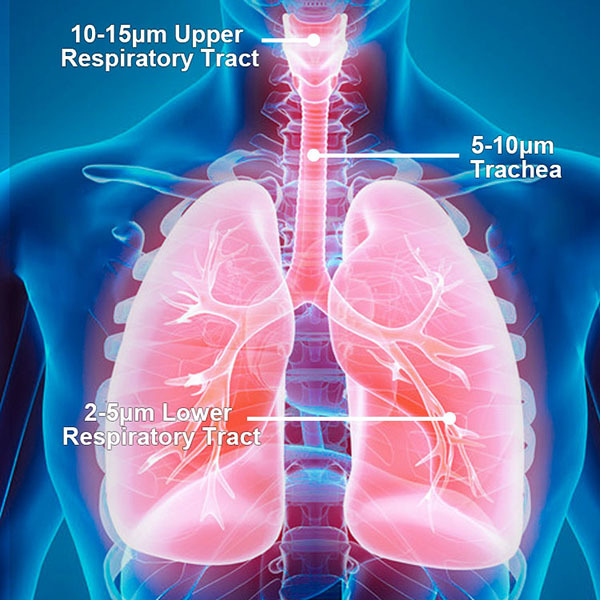BLOG
INFANT CARE
Apr 01,2025
**INFANT CARE**
Caring for an infant is one of the most rewarding yet challenging experiences a parent can face. From the moment a baby is born, their needs become the center of attention. Understanding these needs and how to meet them is crucial for the health and development of the child. This article will explore various aspects of infant care, including feeding, sleeping, hygiene, and emotional bonding.
**Feeding**
Feeding is one of the primary responsibilities of infant care. Newborns typically require feeding every two to three hours, whether breastfed or formula-fed. Breastfeeding is highly recommended due to its numerous health benefits for both the infant and the mother. Breast milk provides essential nutrients and antibodies that help protect the baby from infections and diseases.
For mothers who cannot breastfeed, infant formula is a suitable alternative. It is essential to choose a formula that meets the nutritional needs of the baby. Parents should consult a pediatrician to determine the best feeding method for their infant. As the baby grows, parents can gradually introduce solid foods around six months of age. It is important to start with single-grain cereals and pureed fruits and vegetables to monitor for any allergic reactions.
**Sleeping**
Sleep is vital for an infant's growth and development. Newborns sleep approximately 16 to 18 hours a day, but their sleep patterns can be erratic. It is essential to create a safe sleeping environment for the baby. The American Academy of Pediatrics recommends placing infants on their backs to sleep, using a firm mattress, and avoiding soft bedding, pillows, or toys in the crib to reduce the risk of Sudden Infant Death Syndrome (SIDS).
Establishing a bedtime routine can help infants develop healthy sleep habits. This routine might include activities such as bathing, reading, or singing lullabies. Consistency is key, as it helps the baby understand that it is time to sleep. As the infant grows, parents should gradually transition them to a more structured sleep schedule.
**Hygiene**
Maintaining proper hygiene is crucial for an infant's health. Bathing an infant can be daunting for new parents, but it is essential to keep the baby clean. Sponge baths are recommended for newborns until the umbilical cord stump falls off. After that, parents can transition to regular baths. It is important to use mild, fragrance-free soap and ensure the water temperature is comfortable.
Diapering is another critical aspect of infant hygiene. Parents should change diapers frequently to prevent rashes and discomfort. It is essential to clean the diaper area thoroughly and apply diaper cream as needed. Parents should also pay attention to the signs of diaper rash, which can be treated with over-the-counter creams or by allowing the baby to go diaper-free for short periods.
**Emotional Bonding**
Emotional bonding is an essential part of infant care. The early interactions between parents and their infants lay the foundation for a secure attachment. Responding promptly to a baby's cries, holding them close, and engaging in eye contact fosters a sense of security and trust. Skin-to-skin contact, often referred to as "kangaroo care," is highly beneficial for newborns, as it promotes bonding and helps regulate the baby's temperature and heart rate.
Talking, singing, and reading to an infant are also vital for emotional and cognitive development. These activities stimulate the baby's senses and promote language acquisition. As the baby grows, parents should encourage exploration and play, which are essential for developing social skills and self-confidence.
**Health Check-ups**
Regular health check-ups are crucial for monitoring an infant's growth and development. Pediatricians typically schedule well-child visits at specific intervals during the first year. These visits allow healthcare providers to track the baby's weight, height, and developmental milestones. Vaccinations are also administered during these visits, protecting infants from various preventable diseases.
Parents should be vigilant about any signs of illness or developmental delays. Common signs to watch for include persistent crying, difficulty feeding, or lack of responsiveness. If any concerns arise, parents should consult their pediatrician for guidance.
**Conclusion**
Caring for an infant is a multifaceted responsibility that requires attention to feeding, sleeping, hygiene, emotional bonding, and health. While the journey can be overwhelming at times, it is also filled with joy and love. By understanding and addressing the needs of their infant, parents can foster a healthy and nurturing environment that supports their child's growth and development. Ultimately, the bond created during this time lays the foundation for a lifetime of love and support.
PREVIOUS:
NEXT:
Related Posts









